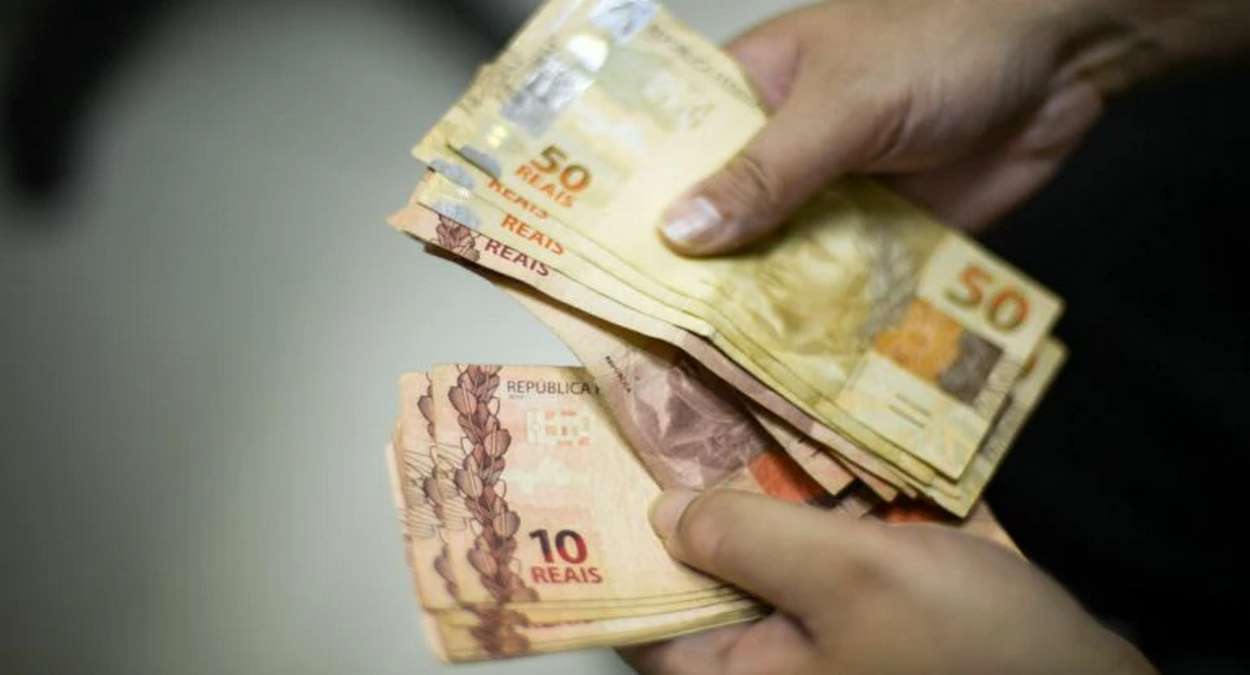RIO DE JANEIRO, BRAZIL – The Minister of Citizenship, João Roma, said Wednesday afternoon that the government intends to introduce a “transitional benefit” until December 2022, guaranteeing a minimum value of R$400 (US$72) to each family served by the income transfer program Bolsa Família, which will now be called Brazil Aid (Auxilio Brasil).
In addition, the government has already defined that it will apply a 20% readjustment in all the ranges of the Brazil Aid on a permanent basis.
Faced with the difficult situation in financing the government’s new social program, the Minister called the press to talk about the negotiations on Auxílio Brasil.
Roma assured that he would not consider resorting to extraordinary loans to make the income transfer possible and that the government would continue to work “hand in hand with fiscal responsibility.” The solution, he explained, will be forwarded to the PEC of Precatórios, a constitutional amendment that would postpone for 10 years the payments of existing federal government debts maturing in 2022.
“The transitional allowance until December 2022 will provide benefit equalization so that no family receives less than R$400,” Roma explained.
Behind the determination to increase this aid is President Jair Bolsonaro. He believes it will guarantee an increase in social benefits in the year he runs for re-election, giving him better re-election chances. However, it is only valid until the end of next year.
“The president demanded that all people living in extreme poverty and registered in the Unified Registry receive at least R$400. We are dealing with the internal, social and economic so that the progress and the satisfaction of these needs are made following fiscal responsibility,” Roma added.
The Brazil aid was scheduled to be introduced yesterday with an increase in the minimum amount to R$400 but was postponed due to a deadlock in securing the funding source.
The transitional benefit until the end of 2022 would be a way to avoid sanctions of the Law on Budget Responsibility (LRF) and the spending cap contained in the federal constitution. The details will be discussed in the Precatórios Constitutional Amendment Proposal (PEC), reported by MP Hugo Motta.
Regarding the budget, it is already established that the values intended for the permanent program will be adjusted generally and linearly by 20%. Today, payments vary from R$100 to over R$500 per family, depending on size.
The permanent program currently covers 14.7 million families. The goal is to reach 16.9 million families by the end of the year and reduce the line awaiting payments under the current Bolsa Familia to zero.
Roma recalled that the goal of Brazil Aid is to integrate different social programs.
“Brazil Aid is a breakthrough in terms of the cash transfer program,” he said. “It is not an electoral program, but a transformative program that aims to emancipate citizens and expand the audience because, in December, we will zero the waiting list for the permanent program.”
At the beginning of his speech to the press, Roma gave an overview of the emergency aid established at the beginning of the pandemic and will be completed in October. Under the program, R$359 (US$65) billion will be executed in 2020 and 2021.
The Minister justified that the economic and social sectors are “two sides of the same coin” and that the government is in contact with the Parliament and the Senate to allow the additional amount, taking into account that “the pandemic is coming to an end, but the consequences of the pandemic still leave significant liabilities.”


